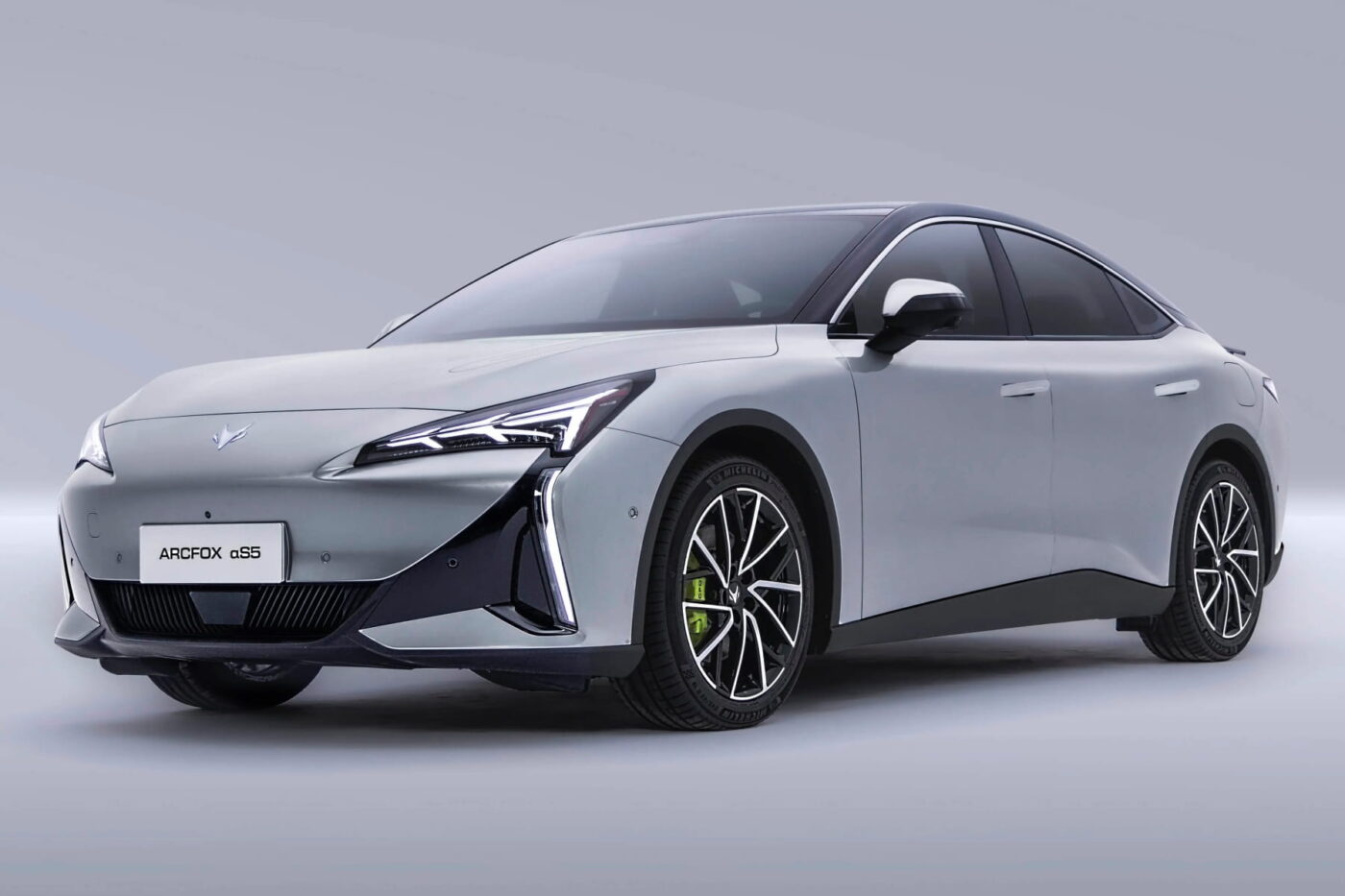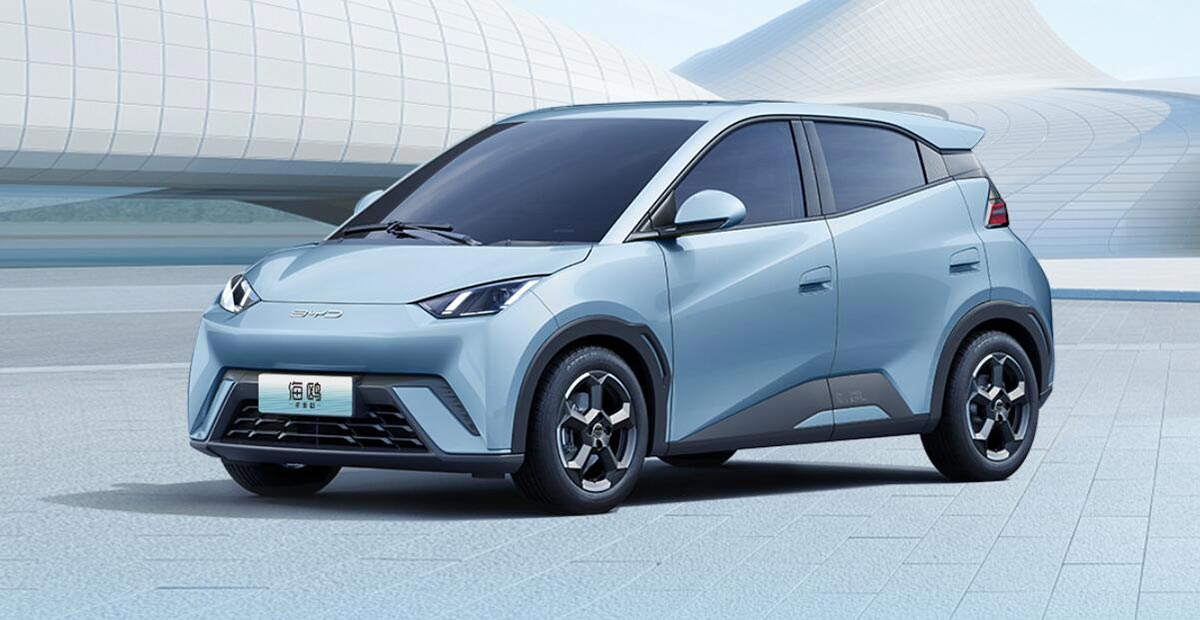The German statistics office reported a decline in Chinese electric vehicle (EV) imports to Germany in the first four months of the year, but noted that China still managed to increase its EV import market share in Germany during this period.
According to Destatis, imports of Chinese EVs to Germany fell by 15.7% to 31,500 vehicles between January and April. Despite this decline, China increased its EV import market share in Germany to 40.9% during the same period, maintaining its position as the largest importer of electric cars to the country.
See also: EU to Impose Tariffs on Chinese EVs, Excluding Tesla, in Anti-Subsidy Move
The European Commission’s decision to impose extra levies of up to 38.1% on imported Chinese electric cars from July was aimed at countering an influx of cheap cars into the European market, driven by robust state subsidies in China. This move is likely to further impact Chinese EV exports to Europe.
Weak domestic demand was cited as a reason for the slump in Chinese EV imports during the four-month period. The statistics office also noted declines in EV exports to Germany from other countries, including the Czech Republic and South Korea, which saw their EV exports fall by almost a third and half, respectively, compared to the same period in 2023.
See also: Turkey to Impose 40% Tariff Hike on Chinese Vehicle Imports
“Chinese electric car imports thus declined much more weakly than total imports of electric cars,” the federal statistics office stated. In 2023, China exported a total of 447,200 electric cars to Germany, while only 11,400 moved in the opposite direction, according to Destatis.
The dynamics of the EV market, including regulatory changes and shifting consumer preferences, continue to impact global trade in electric vehicles. As the industry evolves, stakeholders will need to navigate these challenges to ensure sustainable growth and development in the electric vehicle sector.







